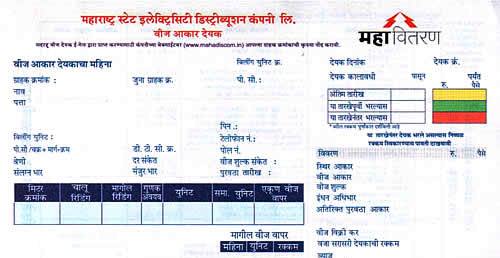CIBIL Score Required for Home Loan
CIBIL Score Required for Home Loan
What is a CIBIL score?
It is a credit score given by CIBIL to indicate a person’s creditworthiness based on past credit history. This information helps lenders to evaluate loan applications.
CIBIL or the Credit Information Bureau India Ltd. is India’s first credit information company. It is also known as the Credit Bureau. The Credit Bureau maintains records of individuals’ and companies’ credit information regarding loans and credit cards. This information is submitted to CIBIL by member banks and lenders on a monthly basis. This information is used to maintain a Credit Information Report from which a Credit Score is developed. CIBIL is licensed by the RBI and governed by Credit Information Companies (Regulation) Act of 2005.
Why is CIBIL Score important when applying for a home loan?
Every person who wants a loan sanctioned must know that the CIBIL score plays an important role in obtaining a positive approval.
When the applicant submits his form to the lender, the first thing the lender does is check the credit score and report of the applicant. If the credit score is low, the lender may even reject the loan application. If the credit score is high, the lender will look into the application and checks the applicant’s creditworthiness.
The credit score acts as the first impression of the applicant. CIBIL does not decide if the loan or credit card should be sanctioned nor can it delete any records reflection on the Credit Information Report. CIBIL is just here to help with the lenders and the applicants to take an informed decision. The CIBIL Score ranges from 300-900. It is noticed that the credit score above 750 is preferred by the loan providers.
The next obvious question is how to improve one’s credit score. The applicant can improve it by:
- Never making late payments.
- Not using too much credit.
- Having a balance between both secured and unsecured loans. (Too many unsecured loans may negatively affect the score).
- Applying for new credit with caution.
- If you have joint accounts, monitoring them closely for late payments.
- Keeping track of your credit history by buying the Credit Information Report.
How lenders make use of CIBIL Scores
Earlier, lenders had to make an internal assessment of the applicant before sanctioning the loan. Now with the availability of CIBIL scores and Credit Information Reports, lenders have easy access to information on the applicant.
- CIBIL has a large database of customers and their credit scores.
- Lower the credit score, higher the chances of loans being rejected.
- The lower limit is 300 and the higher limit is 900. Higher the credit score, better the chances of loans being considered for approval.
Things the applicant must know:
The applicant needs to keep in mind the following while applying for loan:
- If there is any incorrect information provided by CIBIL, the individual can report and submit valid proof to correct it.
- If a person has two loans and if he defaults on a few payments on one of the loans but has no default on the other one, and if that person wishes to avail another loan from a different bank, this bank will get information from CIBIL about his default payment. Thus, increasing the chances of his loan at the other bank being rejected. He may even have to pay higher interest on the second loan due to this.
- Banks check your payment history if there is any default and how much is overdue.
- They check your company profile where you work.
- They check the EMI to income ratio. That is if your monthly EMI is more than 50% of your monthly salary, the chances of getting a low is reduced.

Comments
Post a Comment